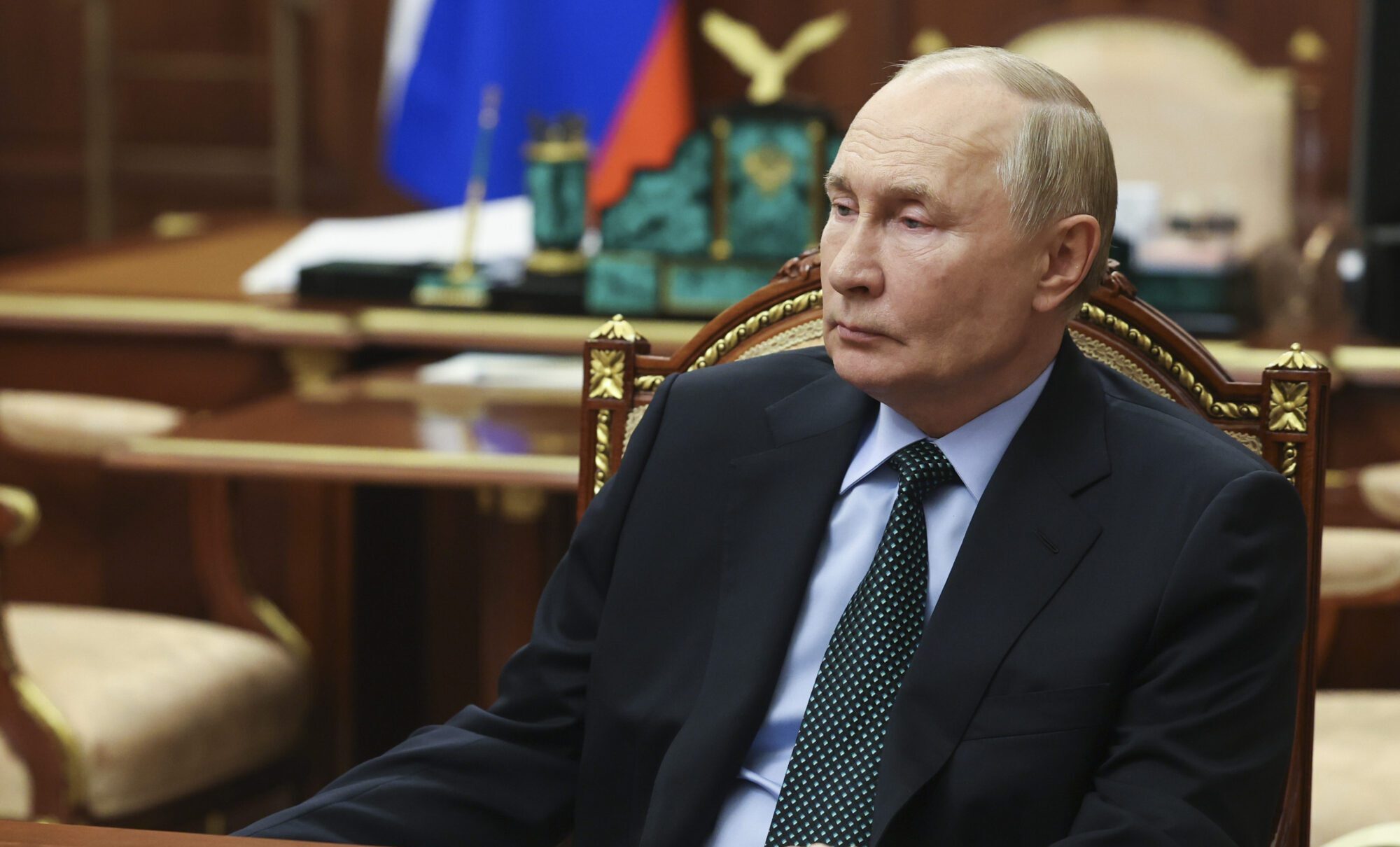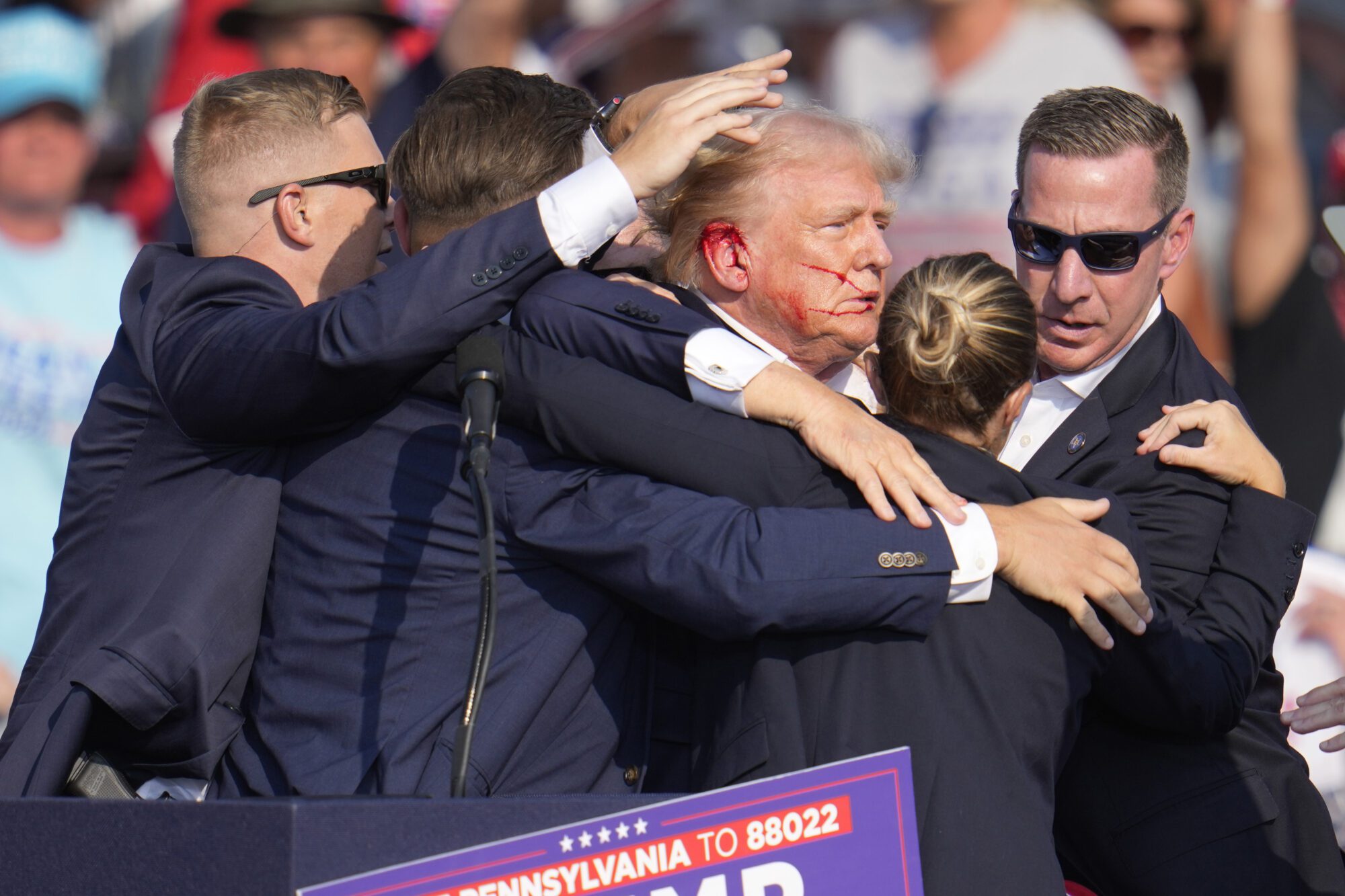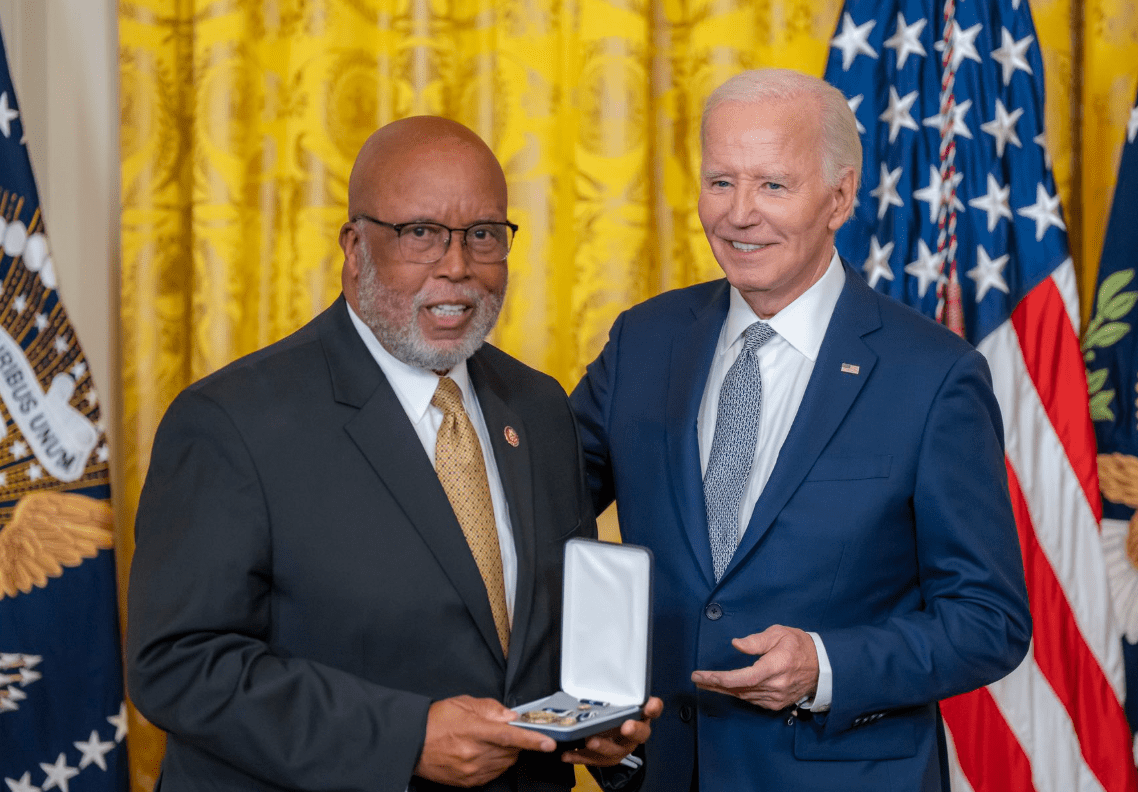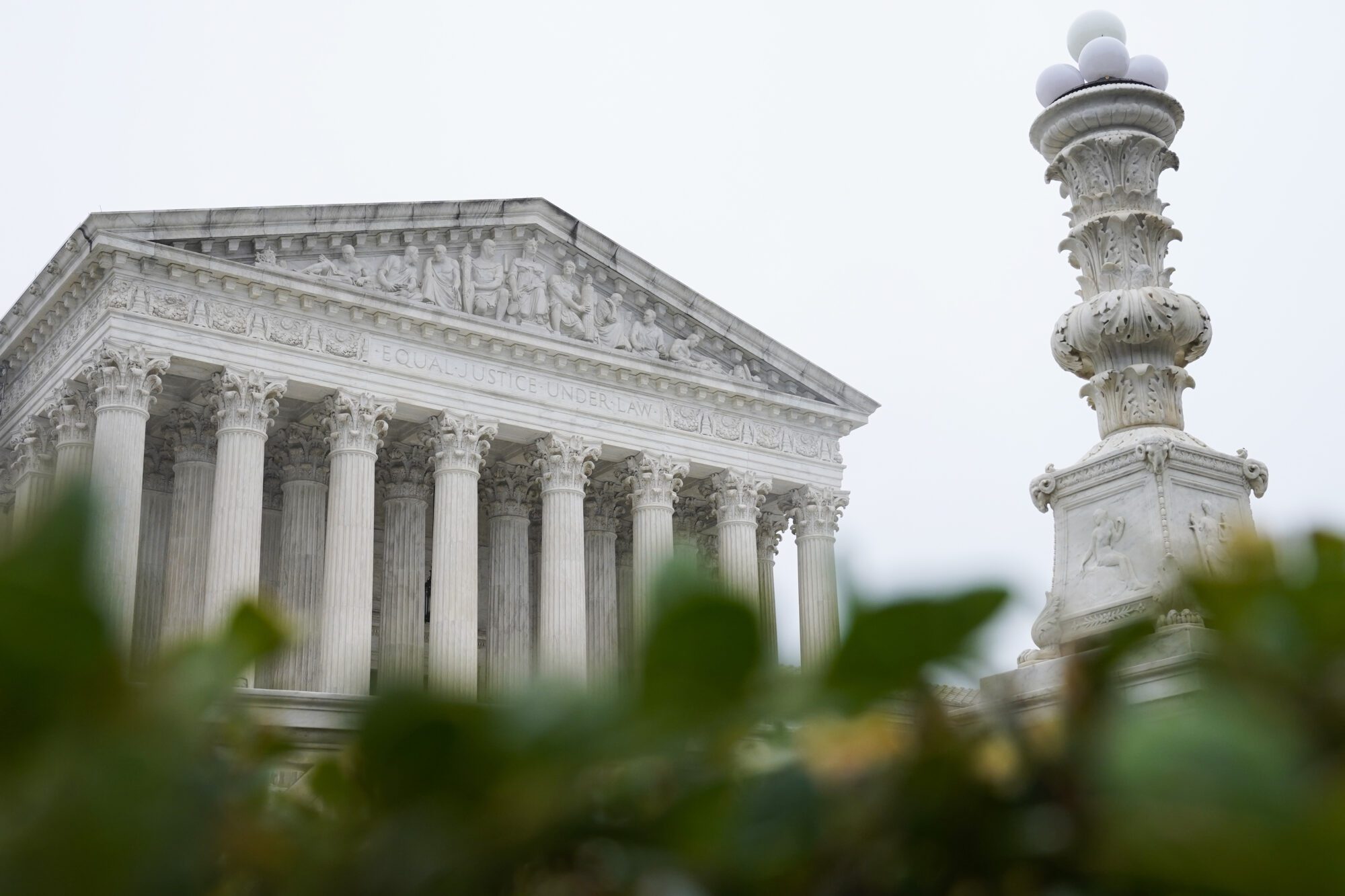Trial Lawyers, Inc.: K Street — State Government Relations
I’ll briefly discuss how trial lawyers play in the political process for each branch of government; further detail can be found in the report itself, here.
Judicial branch. Since tort law is common law governed by the courts, and many states elect their judges (39 in total, and 21 for the highest court), it is hardly surprising that the plaintiffs’ bar focused much of its early political efforts on ensuring that its allies filled state supreme courts. In 1990, a trial lawyer “brazenly told Forbes magazine: ‘[U]ntil last year the plaintiff bar owned and controlled the Texas Supreme Court.’ ”
What happened, also unsurprisingly, is that business interests figured out that they could pool their resources and influence judicial elections, too–setting off an arms race that grew increasingly unseemly, the worst excesses of which were exposed in last year’s U.S. Supreme Court case, Caperton v. A.T. Massey Coal Co. The need to campaign creates inherent conflicts of interest “between judges’ role as neutral interpreters of the law and their status as elected officials with a need to fund-raise for campaigns,” and as both Walter and I have noted here in the past, there’s much to be said for the decision by the framers of the U.S. constitution to separate the federal judiciary from the electoral process.
There are no easy solutions, however, and as Ted Frank noted here, much of the campaign for “judicial independence” is little more than a thinly veiled effort by George Soros and others on the left to achieve supremacy. As Ted notes, for these advocates, the “idea that judicial decision-making is beyond questioning by other branches of government . . . . somehow only appl[ies] to criticism of left-wing judges and judicial decisions.” Tellingly, these same voices purportedly concerned about any criticism of the judiciary raised not a peep when President Obama upbraided Supreme Court justices for their Citizens United ruling–when the justices were seated before him, surrounded by hostile partisans, in the televised State of the Union address; instead, they were busy decrying the same judicial decision themselves.
Legislative branch. The trial bar has long been giving to state legislative races, too. Historically, these efforts were largely defensive: “the trial-lawyer lobby largely contented itself with blocking legislative reforms, depending on state supreme courts to invalidate, on constitutional grounds, those that somehow achieved enactment.” As previously suggested, those efforts are still ongoing (realized most recently in the Illinois supreme court’s decision to overturn legislatively enacted medical-malpractice-law reforms, again, on dubious constitutional grounds). But of late, the trial bar has embarked on a more aggressive, affirmative legislative agenda, as they’ve sought to exploit recent electoral shifts that “produced or increased majorities of trial-lawyer-friendly Democrats in state legislatures.”
Among the trial bar’s legislative successes are expansions of consumer-fraud statutes in Iowa and Washington; the creation of new qui tam statutes in New Mexico, New Jersey, and Oklahoma; the addition of new theories of non-economic damages in Iowa and Illinois; and an increase in statutory limits on damages recoverable against the state in Oregon. This legislation, as well as other trial-bar-backed efforts introduced but not passed into law, is summarized in the Trial Lawyers, Inc.: K Street report, as well as recent articles and reports by the American Tort Reform Association (see here and here (PDF)).
Executive branch. Finally, it will come to no surprise to regular readers of this site–or those who have read Walter Olson’s The Rule of Lawyers–that lawyers have also become increasingly active in working to influence state attorneys general and others with the capacity to engender litigation from the executive branch. Since Ron Motley and the now-incarcerated Dickie Scruggs pioneered this tactic in the multistate tobacco litigation, it has ballooned into a major part of the business model for the plaintiffs’ bar.
Walter Olson
POINT OF LAW
2/18/10







